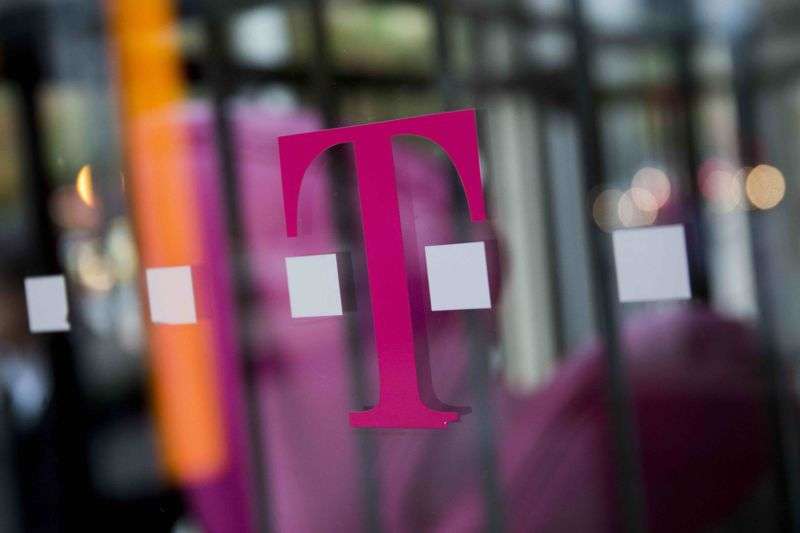
T-Mobile’s $50 home Internet service has no data cap, but plenty of limits

T-Mobile today said it is starting “an invitation-only pilot for in-home Internet service on LTE” and will connect up to 50,000 homes this year in rural and underserved parts of the country. It will cost $50 a month.
T-Mobile CEO John Legere said his company plans to “take the fight to Big Cable on behalf of consumers and offer real choice, competition and savings to Americans nationwide.”
Invitations for the home service will go out this week by email and US mail to current T-Mobile wireless customers in “select areas,” which T-Mobile did not identify in its announcement.
The pilot is meant to demonstrate one of the key promises T-Mobile is making to government officials as it seeks approval to purchase Sprint. T-Mobile claims that if it is allowed to buy Sprint, the combined company’s wireless home Internet will “cover more than half of US ZIP codes by 2024 with the capacity for 9.5 million households to cut the cord,” with speeds higher than 100Mbps.
But this year’s pilot has lower speeds and is limited to “specific areas” because of “LTE network and spectrum capacity constraints,” T-Mobile’s announcement today said.
No data cap, but speeds may be reduced
T-Mobile said the home Internet pilot will use an LTE router to “deliver speeds of around 50Mbps” and will have no data caps. But there are other limitations.
“During congestion, Home Internet customers may notice speeds lower than other customers due to data prioritization,” T-Mobile said.
This sounds similar to the data slowdowns T-Mobile imposes on mobile service. With T-Mobile’s unlimited mobile data, there’s a potential throttle point of 50GB per month. After using 50GB, T-Mobile customers may get lower speeds than other customers if they are in a congested network area.
With the home Internet service, T-Mobile said de-prioritization will apply during times of congestion but didn’t identify a specific data usage threshold that triggers it. That seems to mean that home Internet customers will get lower speeds than mobile users during times of congestion regardless of how much or how little data they use each month. We’ve asked T-Mobile to clarify this and will update this story if we get answers. We also asked T-Mobile for more details on where the pilot areas are located and whether customers can request the service if they don’t receive invitations.
The home service will cost $50 per month with AutoPay or $55 without. T-Mobile said there will be “no annual service contracts, no hidden fees and no equipment costs;” sales tax and regulatory fees are “included in [the] monthly service price for qualifying accounts.”
Merger claims
To buy Sprint, T-Mobile needs approval from the Department of Justice and Federal Communications Commission. Legere and his fellow executives have repeatedly stayed at President Trump’s hotel in Washington, DC, as they lobby his administration for merger approval.
Besides expanded home Internet service, the post-merger T-Mobile “will be armed with spectrum and network assets that will build the highest capacity wireless network in US history, covering millions with 5G, not just a few people in a few blocks of a few cities like the other guys,” T-Mobile said today.
The 5G claims are questionable, though. Immediately after announcing their merger, T-Mobile and Sprint claimed that “Neither company standing alone can create a nationwide 5G network with the breadth and depth required to fuel the next wave of mobile Internet innovation in the US.” Yet both companies had previously said they would build top-tier 5G networks on their own, and they’ve both announced steady progress in building their separate 5G networks even as they seek merger approval.
T-Mobile’s home Internet service is based on LTE for now, and T-Mobile has a nationwide LTE network with speeds that are about the same as Verizon’s. It stands to reason that T-Mobile could ultimately expand its home Internet service to large portions of the country without buying Sprint, but admitting that might undercut T-Mobile’s claim that it needs the merger to do so.
The merger will reduce customer choice in mobile broadband by lowering the number of nationwide wireless carriers from four to three. Consumer advocacy group Public Knowledge has warned regulators that the merger will result in “higher prices for consumers, and reduce incentives for the three remaining wireless providers to compete on price, network quality, customer service, and deployment.”




